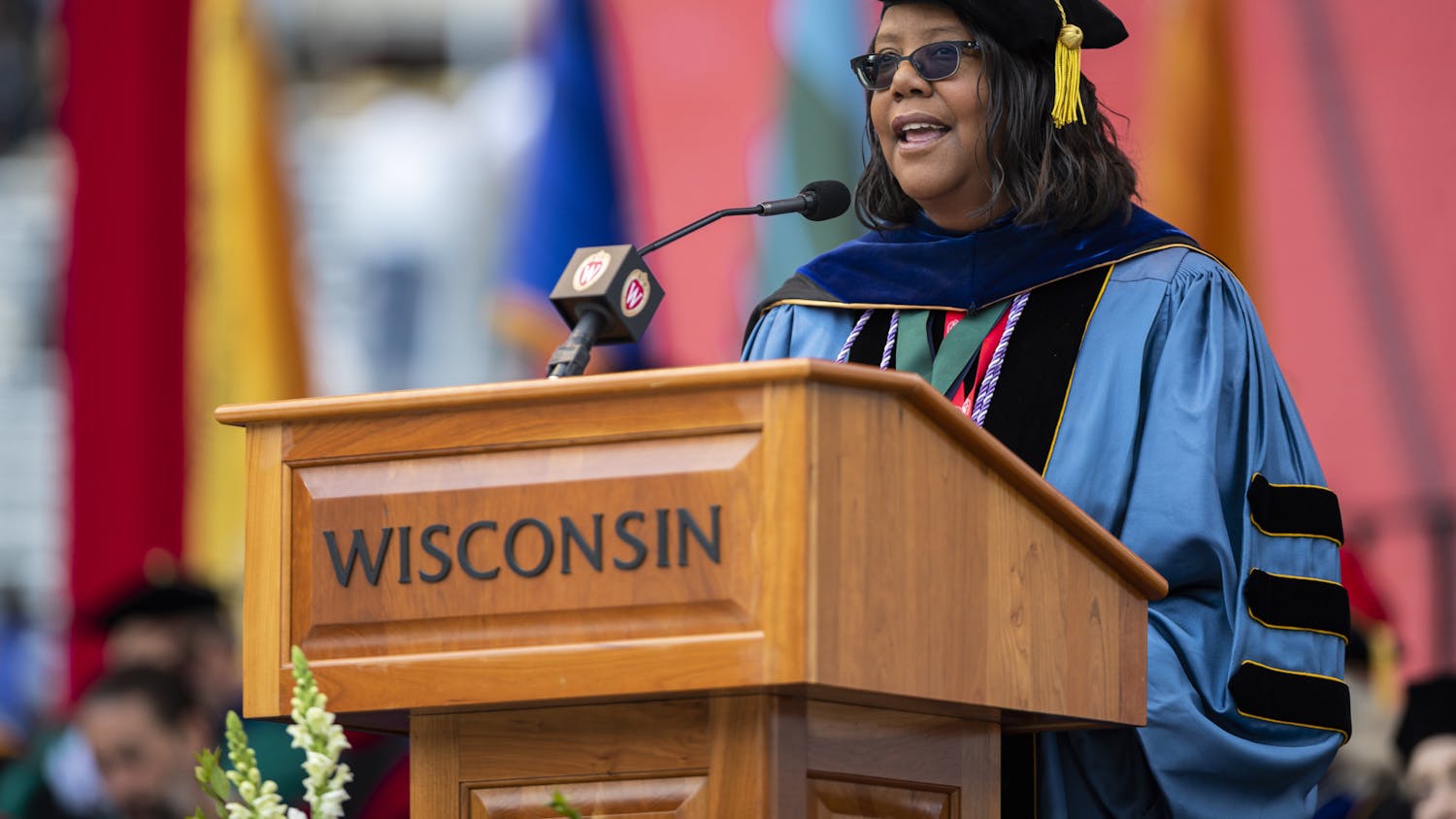Across the country, Republicans are in full-blown panic mode about the midterm elections on Nov. 7. The GOP could very well lose both its House and Senate majorities, leaving President Bush's agenda effectively crippled for the last two years of his administration.
But Congresswoman Nancy Pelosi, D-Calif., shouldn't start measuring drapes for the Speaker's office just yet.
Let's not forget that this is the same political operation that, against all pundit predictions, has repeatedly returned Republicans to power.
The 2002 election was the first time the president's party gained seats in a two-year midterm since Franklin D. Roosevelt's administration in 1934. Bush's victory in 2004 made him the first president to win a closely contested re-election since Woodrow Wilson in 1916.
Though political history dictates that two-term presidents almost always lose seats in their six-year midterms, there is every reason to expect the GOP is capable of defying history again in 2006.
The main impediment to another Republican victory will be that the past two years could hardly have gone worse for them. Last year saw Bush's social security initiative collapse in spectacular fashion, followed several months later by the inept and callous handling of the Hurricane Katrina recovery.
This year has seen the party engulfed by scandals ranging from the Jack Abramoff lobbying corruption probe to the Mark Foley page scandal. Meanwhile, the situation in Iraq has continued to spiral downward, and administration officials continue to insist, with increasing implausibility, that things are getting better.
The GOP's one remaining ace-in-the-hole is its proven ability to win elections. Over the final three weeks of this campaign, the Republican National Committee will pour huge money into competitive races around the country.
Democratic challengers will be the subject of harsh attacks and relentless investigation into their pasts, both political and personal. Vice President Cheney has implied that electing Democrats will make America less safe. ""If you want to keep your tax cuts,"" said Bush recently, ""vote Republican on November 7.""
Anyone who doubts the potential lethality of the coming attacks on Democrats should review the example of former senator Max Cleland, D-Ga., a Vietnam veteran and triple amputee.
Cleland led his 2002 re-election race until the final weeks, when he was overtaken and defeated by Republican Saxby Chambliss, a Vietnam draft dodger who nonetheless made the case that Cleland was soft on national security.
In cases like these, not even reality can stand up to the Republican political machine, and that's why the reality of how bad things are in 2006 is still not enough to guarantee a Democratic victory.
There is only one major change in the Republican political formula for 2006.
In 2002 and 2004, when Bush had higher approval numbers than now, Republicans ""nationalized"" the elections by having Bush appear frequently with congressional candidates and by tying even conservative Democrats to the national Democratic Party's supposed weakness on security issues.
But in 2006, with Bush at the lowest approval level of his presidency and a strongly unfavorable national environment, Republicans are suddenly embracing the legendary mantra that ""all politics is local.""
Candidates are avoiding appearances with Bush, and even GOP leaders like Rep. Deborah Pryce, R-Ohio, the fourth most powerful Republican in the House, are stressing their independence from the national party.
One of the best political analysts in the country, Stuart Rothenberg, believes that endangered GOP incumbents are still capable of rebounding in the last three weeks by making their elections about their Democratic opponents personally, instead of as a referendum on national Republican leadership. With millions of dollars worth of RNC money blasting away at untested challengers, it just might work.
On the other hand, UW-Madison political science professor Charles Franklin points out that many Republican incumbents have approval ratings in the low 40s, or worse, and are already trailing relatively unknown Democratic challengers. Given that voters are this negative on well-known incumbents, it is unlikely these incumbents could say or do anything new in three weeks that could propel them back into the lead.
But Karl Rove believes that Democrats will gain a maximum of eight to 10 House seats and that Republicans will maintain majorities in both the House and Senate.
Given everything, even many Republicans are skeptical about that assessment. But then again, this is the architect of the party that has turned conventional wisdom upside down two elections running. Betting against him a third time might not be wise.





